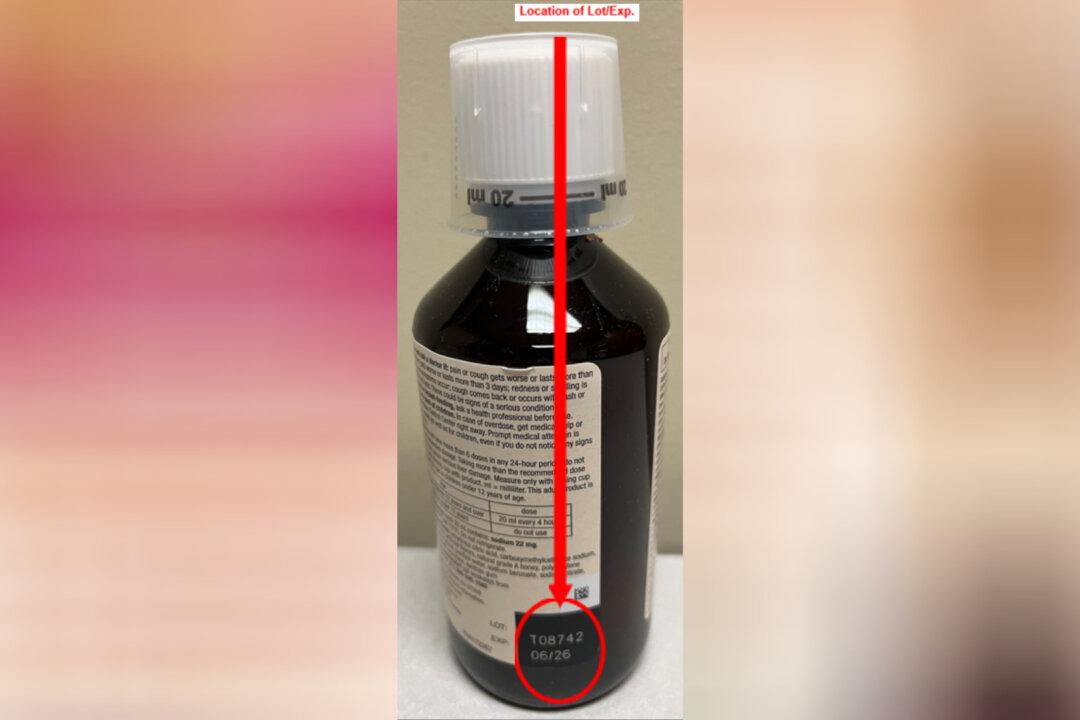Health care company Haleon is voluntarily recalling multiple lots of its Robitussin cough syrup sold in stores nationwide over microbial contamination, the Food and Drug Administration (FDA) has announced.
The U.S.-based unit of the company, which is located in the UK, warned that contamination from the impacted products could lead to severe or life-threatening adverse events in some individuals with underlying health conditions.




